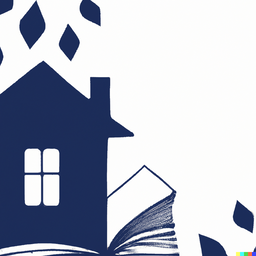
What is the role of humor in "House of Leaves"?
While a multilayered literary maze filled with metaphysical complexity and existential dread, Mark Z. Danielewski’s House of Leaves also incorporates sly threads of ironic humor and satire. Moments of levity subtly emerge through wry comments, amusing academic asides, and absurd descriptions that temper the nightmarish qualities. Examining how Danielewski deftly balances humor against horror offers insight into his aesthetic aims.
Footnotes of Wit - Ironic Annotations and the Amusement Within Academic Commentary
Danielewski frequently employs subtly ironic footnotes that wink at the layered artifice of the false documents around the Navidson Record. Though elaborate critical commentary on this invented film, the academic posture amusedly seduces readers into accepting absurd premises. These moments lightly puncture the serious veneer.
Passages recounting outrageous supernatural events in the clinical language of scientific observation take on an inherent absurdist humor. Recounting walls seemingly swallowing people whole as measured spatial phenomena infused with geometric analysis creates outlandish scenarios described in comically dry manner.
Tragicomedy of Inquiry - The Repeated Failure of Rationality in the Face of the Supernatural
Most profoundly, the repeated failure of intellectual inquiry, empirical science, and academic critique to unlock the house’s mysteries becomes a recurring tragicomedy. The mismatch between rationality and inexplicable supernatural phenomena turns academic pretension into parody.
Conclusion
In the spirit of Roger Ebert’s appreciation for creative blending of genres, Danielewski fuses tonal flavors not commonly combined. House of Leaves reveals that the absurd lives side-by-side with terror in our simultaneous attraction to and rejection of unknowable darkness beyond ordinary existence. Laughter and horror intertwine as human expressions of our eternal search for meaning.
Popular posts
-
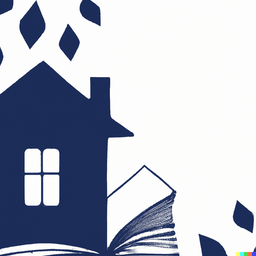
Unofficial Sparknotes Guide to "House of Leaves" by Mark Z. Danielewski
November 2nd, 2023
-
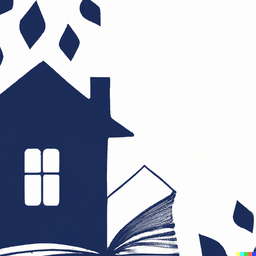
Chapter Summaries of "House of Leaves"
November 2nd, 2023
-
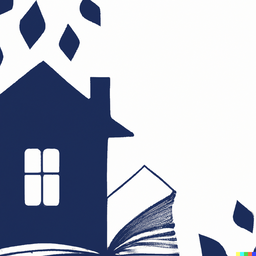
Character Analyses in "House of Leaves"
November 2nd, 2023
-
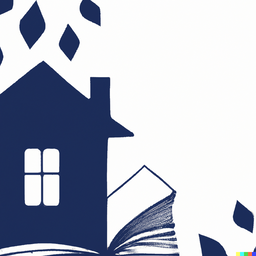
Themes in "House of Leaves"
November 2nd, 2023
-
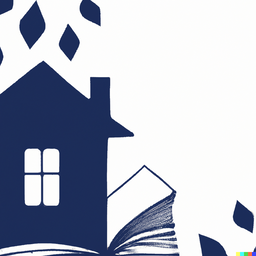
Notable Quotes from "House of Leaves"
November 2nd, 2023
-
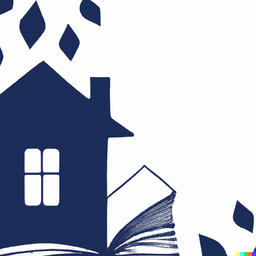
Discussion Questions for "House of Leaves"
November 2nd, 2023